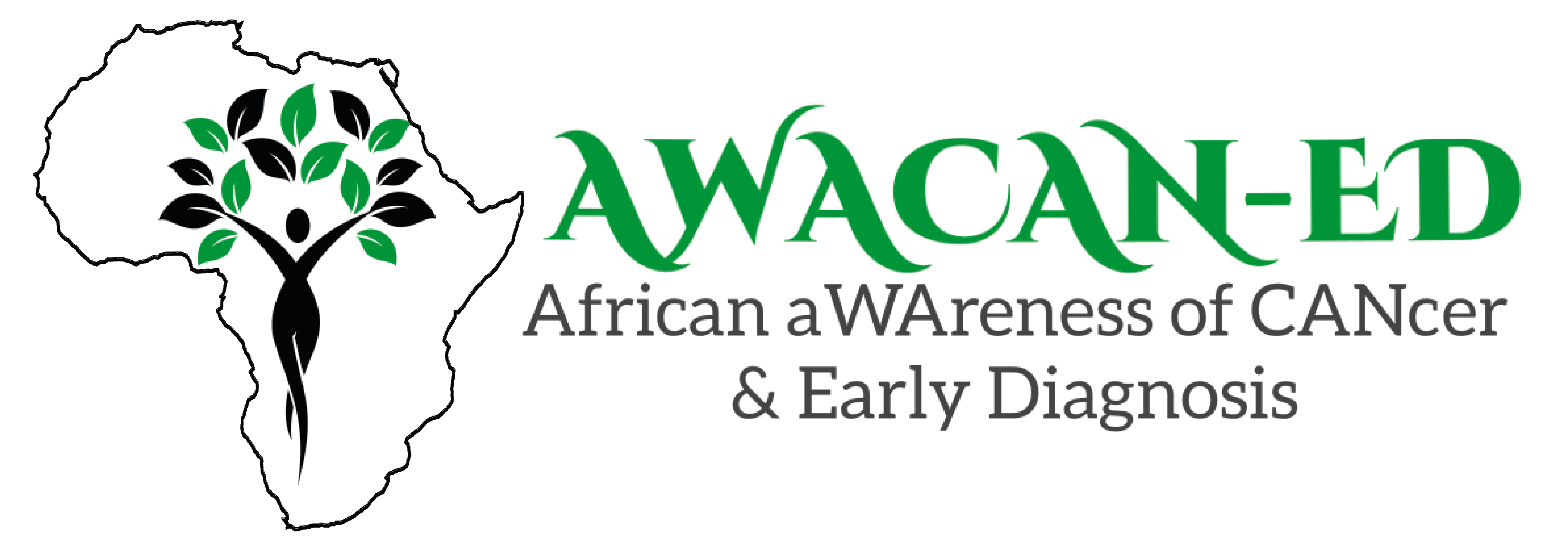What is the cost of providing colon cancer treatment in Groote Schuur Hospital, South Africa?
Kelechi Nnene, one of the AWACAN-ED Scholars at the University of Cape Town, discusses the challenges faced in determining the cost of colon cancer treatment and describes the research she will undertake for her Masters.
Background
Despite the availability of reliable screening methods and effective treatment options, colon cancer remains a significant contributor to morbidity, mortality, and economic costs worldwide. In 2020, colon cancer exhibited a global Age-Standardised Incidence Rate (ASIR) of 11.4 per 100,000 and Age-Standardized Mortality Rate (ASMR) of 5.4 per 100,000, ranking fifth in terms of incidence and seventh in terms of cancer-related mortality for both men and women of all ages [1]. In South Africa, colon cancer stands as the sixth most common cause of cancer-related death in both men and women [1, 2]. An increased mortality-to-incidence ratio worsens the situation in South Africa, which signifies poor colon cancer outcomes relative to incidence. Therefore, Public health measures to control colon cancer in South Africa are increasingly essential. However, the resources required to finance such measures cannot be determined without understanding the treatment cost burden for colon cancer. Costing studies can be used to estimate these resource requirements and the cost of providing healthcare interventions to inform planning and guide healthcare delivery [3, 4].
Challenges to understanding the treatment cost burden
- Limited evidence of colon cancer costing studies in Low- and middle-income countries.
- Most existing costing studies do not examine the cost of colon cancer treatment from the health system’s perspective.
- Colon cancer treatment costing is commonly differentiated by treatment phase and scarcely by disease stage.
- Most studies do not focus on the overall treatment cost.
From the health providers’ perspective, this research uses an ingredient-based normative approach to estimate the per-patient direct medical cost of colon cancer treatment by disease stage at Groote Schuur Hospital (GSH).
Specific objectives of the study
- To outline the treatment components and relevant direct treatment cost inputs of colon cancer per disease stage through expert interviews based on the GSH colon cancer treatment guideline.
- Using a mixed valuation approach, estimate the total direct medical cost per patient for colon cancer treatment per disease stage.
- Identify the cost drivers of colon cancer treatment at GSH.
Outcomes & Impact
- Connecting the treatment components with the relevant cost items provides a potential framework for future colon cancer costing studies in GSH and the South African public health sector.
- Estimating the total per-patient treatment cost for each disease stage will provide an idea of the resources required to provide colon cancer treatment in GSH, which will inform and direct colon cancer healthcare delivery.
- The Identification of the GSH-specific cost drivers of colon cancer treatment will inform the need for further economic evaluation analysis and guide policy decision-making.
References
- Ferlay J, Ervik M, Lam F, Colombet M, Mery L, Piñeros M, et al. Global Cancer Observatory. 2020.
- Sung H, Ferlay J, Siegel RL, Laversanne M, Soerjomataram I, Jemal A, et al. Global cancer statistics 2020: GLOBOCAN estimates of incidence and mortality worldwide for 36 cancers in 185 countries. CA: a cancer journal for clinicians. 2021;71(3):209-49.
- Drummond MF, Sculpher MJ, Claxton K, Stoddart GL, Torrance GW. Methods for the economic evaluation of health care programmes: Oxford university press; 2015.
- Vassall A, Sweeney S, Kahn J, Gomez Guillen G, Bollinger L, Marseille E, et al. Reference case for estimating the costs of global health services and interventions. 2017.
 Kelechi is a clinical pharmacist with extensive experience in both hospital and retail pharmacy settings. She is currently nearing the completion of her postgraduate studies in Public Health. Her journey into health economics research has been fuelled by a passion for improving healthcare delivery through a comprehensive understanding of the financial aspects of illness. She is particularly drawn to cancer research, where she sees an opportunity to contribute to the body of knowledge and influence policy decisions with evidence-based research.
Kelechi is a clinical pharmacist with extensive experience in both hospital and retail pharmacy settings. She is currently nearing the completion of her postgraduate studies in Public Health. Her journey into health economics research has been fuelled by a passion for improving healthcare delivery through a comprehensive understanding of the financial aspects of illness. She is particularly drawn to cancer research, where she sees an opportunity to contribute to the body of knowledge and influence policy decisions with evidence-based research.


